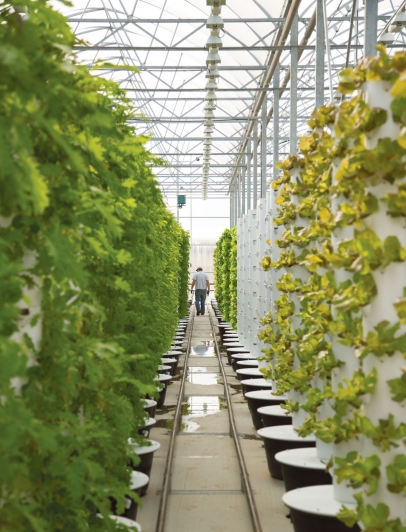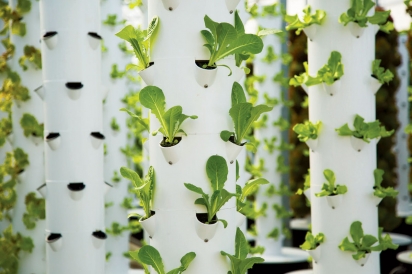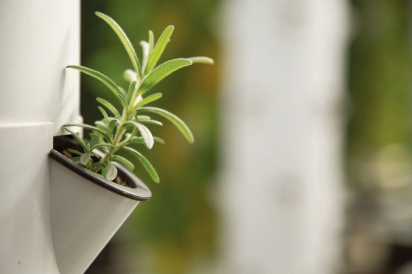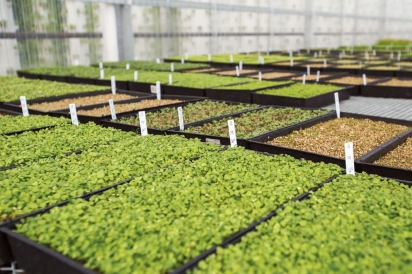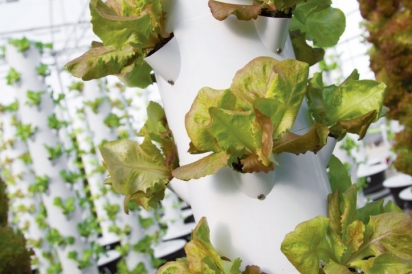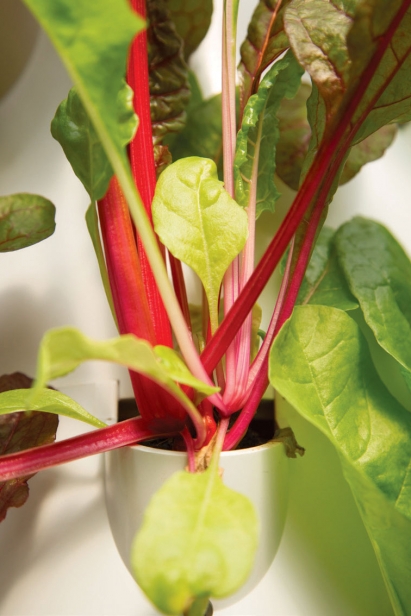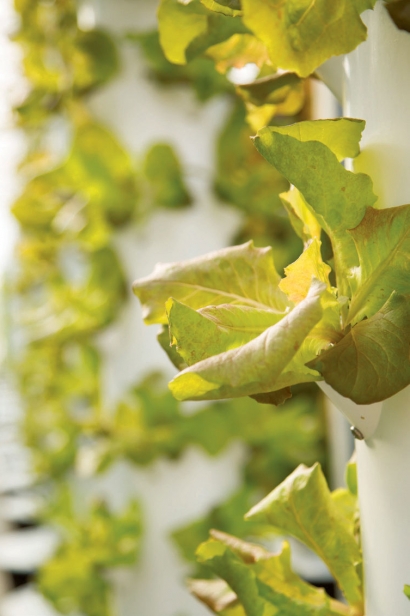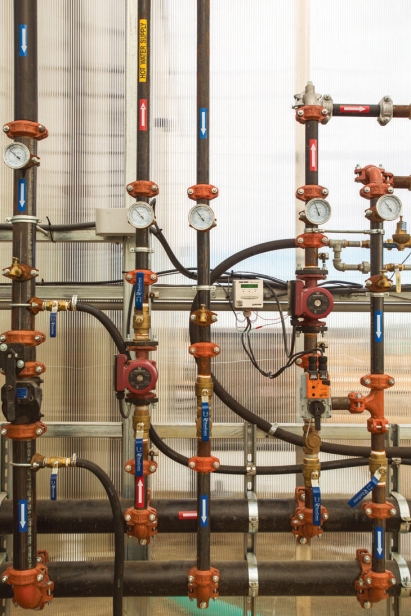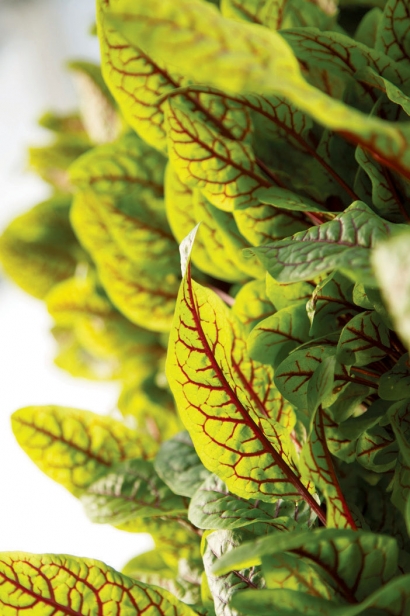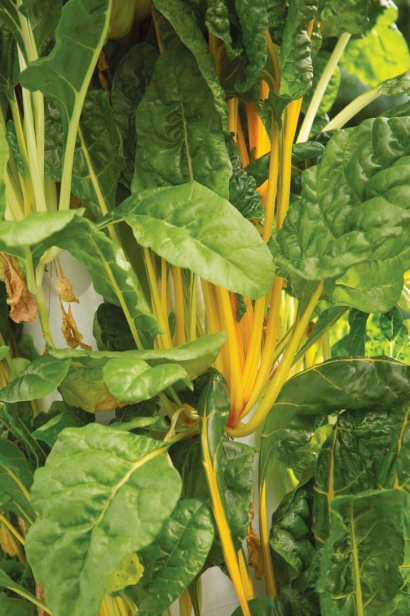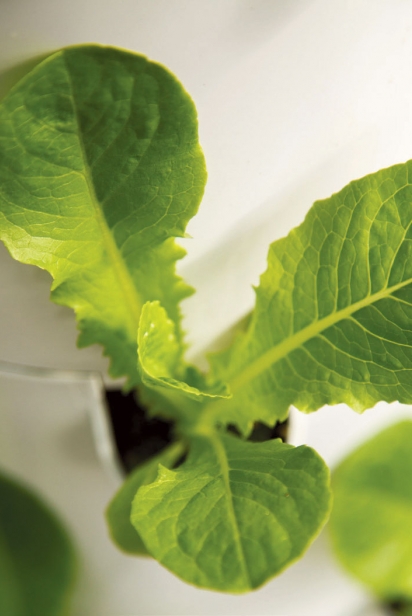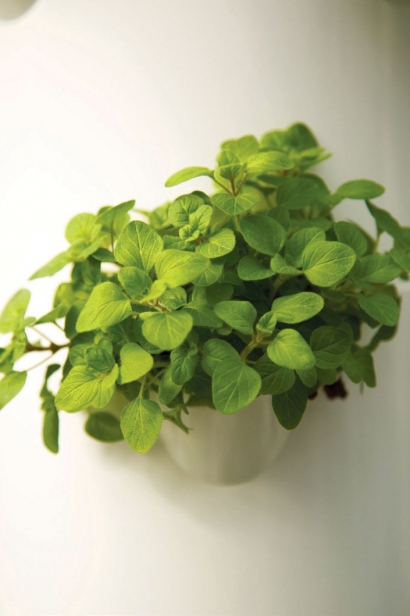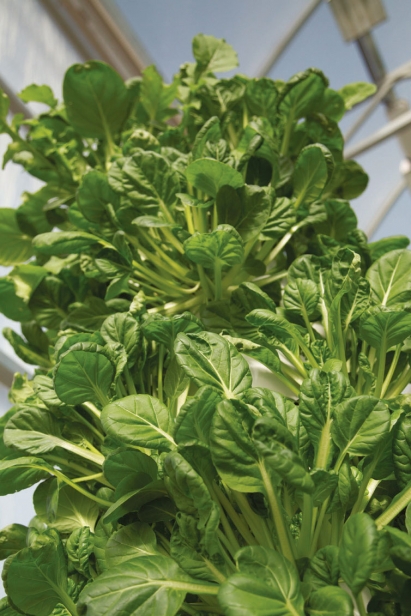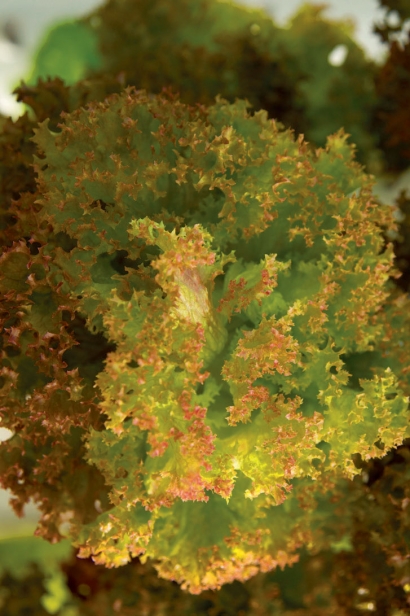Scissortail Farms' Aeroponic Greenhouse Supplies Tulsa with Fresh Greens Year-Round
Fresh greens in the winter are hard to come by, and those that can be procured are often days old by the time they reach the kitchen.
An unconventional farm in West Tulsa has the answer.
Drive along the winding West 51st Street, and you’ll come to an unassuming beige sheet-metal structure, dwarfed by a massive greenhouse rising behind it. Through the translucent greenhouse walls, tall green shapes can be seen towering overhead as smaller silhouettes move among them.
Scissortail Farms, at 8450 W. 51st St., specializes in greens: lettuces, herbs and just about everything in between.
Tulsa locals John Sulton and Rob Walenta teamed up with Vincent LoVoi and Joel Kantor in May 2012 to launch the next phase of their farming adventure: an aeroponic greenhouse with 28,000 square feet of growing space.
Aeroponics is a growing method that uses no soil or traditional fertilizers, and uses a controlled environment to enable growing year round.
The seedlings start out in cubes of rock wool, a volcanic inert medium, until the roots are developed enough to move into the growing towers. Most of the towers are 11 rings tall, with four growing slots in each level, but some have 13 rings.
“We have 1,368 of these towers,” Walenta said. “All in all, we have a little over 62,000 growing slots at any given time.”
The towers pump water with added essential minerals to the top and then distribute it over the roots of the plants in the growing slots. “We get our water from Sapulpa district No. 2,” Walenta said. “We run it through a carbon filter to remove chlorine and then reverse osmosis so we can get rid of all the other elements, so we have fresh water, and then add a mineral solution.”
The mineral solution, a cocktail of essential growing components including nitrogen and potassium that plants could normally get from the ground, allows growers to eliminate soil and fertilizers, such as animal manure, and mitigate the risk of E. coli and other disease-causing bacteria.
Aeroponic growing is certainly a cleaner process, but it also allows Sulton and Walenta to use less than 10% of the amount of land and water typically used in a field-grown process, and helps contain the spread of disease or bugs. They plan on adding two more greenhouses to the existing operation to better serve customers year round.
“It’s really just about being consistent,” Sulton said. “A lot of local farms do the best they can, but unless you can control the environment, it’s hard. We are just trying to be helpful to the consumer and not be dependent on the weather in another state.”
Many greens are trucked in from the southern states or Mexico, but Scissortail Farms brings local produce straight to consumers from a protected environment.
“It’s an industry where 90% to 95% of [a product] is coming from one place, and [consumers] are so dependent on it,” Sulton said.
“When you have something that’s been dead for four or five days by the time you get it, and that’s what you’re used to, when you see something that’s really fresh, it’s nice.”
Sulton and Walenta grew produce in traditional fields while they worked to get the system and technique of aeroponic farming perfected. They finished the greenhouse and have been operational at the West Tulsa location for about 2 months.
Walenta, who has a background in construction science, said one of the biggest challenges they have faced was building the greenhouse, with the technical watering and boiler systems and the growing area.
“This was a new experience,” he said. “I’ve never built a greenhouse, specifically with all the elements that are tied in together.
“We use radiant heat through a boiler system as opposed to direct burning gas so we don’t spread powder or mildew or other diseases that can be prevalent during the winter.
All that, plus the lighting and the heating is put in place to make sure we can grow consistently in the winter.”
The system runs through the greenhouse and also heats the tables where the seedlings grow to keep things warmer than the ambient air to encourage root growth.
The farm uses organic growing techniques and pest control, but can’t be certified organic because the product isn’t grown in soil.
“We still do a lot of the same things and maintain a cleaner process,” Sulton said. “We use organic seeds, we use anything organic we can. It’s just a matter of that we’re not in soil. The consumers are aware and are hungry for something like this.”
Sulton and Walenta are working with a few Reasor’s locations to distribute, as well as businesses such as Go Fresh, Frontier, Fresh Point and Urban Agrarian in Oklahoma City; they also distribute to downtown Tulsa restaurants Juniper and Tallgrass Prairie Table.
Consumers can also purchase directly from the farm, and Sulton recommended calling or emailing at least a day in advance so they can gather and package the product.
Customers can call Scissortail Farms at 918.236.6047 or email at info@scissortailfarms.com.


